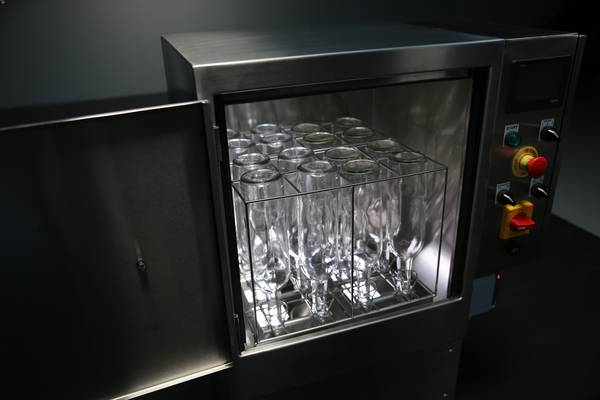Discover the essential features, benefits, and considerations when selecting a bottle recycling machine that meets your business’s needs. This comprehensive guide covers everything from the basics of bottle recycling technology to advanced features and sustainability practices.
What is a Bottle Recycling Machine?
A bottle recycling machine is a specialized piece of equipment designed to process used bottles for reuse and recycling. These machines play a crucial role in the circular economy, reducing waste, saving energy, and minimizing the environmental impact of bottle production and disposal.
Types of Bottle Recycling Machines
Bottle recycling machines come in various designs, each suited for specific types of bottles and recycling processes. Learn about the most common types, including glass bottle crushers, PET bottle shredders, and reverse vending machines, to identify which best suits your operational requirements.
Difference between Bottle Recycling Machine Bottle Washing Machine
Bottle Recycling Machine
A bottle recycling machine is designed to automate the collection and processing of used bottles for recycling. These machines are integral to reducing waste, conserving resources, and supporting the circular economy. They can handle various types of bottles, including glass and plastic (e.g., PET bottles), and are typically found in public places, supermarkets, and recycling centers. The primary function of a bottle recycling machine is to collect used bottles, sort them by material, and sometimes compact them for easier transportation. Advanced models are equipped with technology to automatically identify the type of bottle, remove contaminants, and sort them accordingly. This process not only facilitates efficient recycling but also incentivizes consumers through refund schemes where applicable, encouraging the return of empty bottles for recycling.
Bottle Washing Machine
A bottle washing machine, on the other hand, is specifically designed for cleaning bottles to be reused or refilled. These machines are crucial in industries where bottles are a primary packaging material, such as beverages, pharmaceuticals, and cosmetics. Bottle washing machines clean, sterilize, and prepare bottles for safe reuse, ensuring they meet stringent hygiene standards. They can accommodate a wide range of bottle sizes and types, utilizing water, detergents, and sometimes heat or chemicals, to thoroughly clean both the interior and exterior surfaces. The cleaning process typically involves several stages, including pre-rinsing, washing, sterilizing, and drying. Some machines also inspect the bottles for cleanliness and integrity post-wash. By efficiently cleaning bottles for reuse, these machines play a vital role in reducing environmental impact, lowering packaging costs, and supporting sustainable business practices.
In summary, while both machines are involved in the lifecycle management of bottles, a bottle recycling machine focuses on the collection and sorting of bottles for recycling purposes, transforming waste into reusable materials. In contrast, a bottle washing machine cleans and sterilizes bottles for direct reuse, ensuring they meet health and safety standards for refilling. Both machines contribute significantly to environmental conservation efforts and the reduction of waste.
Features to Look for in a Bottle Recycling Machine
When selecting a bottle recycling machine, consider these key features:
- Efficiency and speed of recycling
- Compatibility with different bottle materials and sizes
- Energy consumption and environmental footprint
- Durability and maintenance requirements
Maximizing Your Investment in a Bottle Recycling Machine
To ensure a high return on investment, focus on machines that offer long-term reliability, low operational costs, and flexibility to adapt to changing recycling demands. Additionally, consider machines that incorporate advanced technology to improve sorting and processing accuracy, ultimately enhancing the quality of recycled materials.
